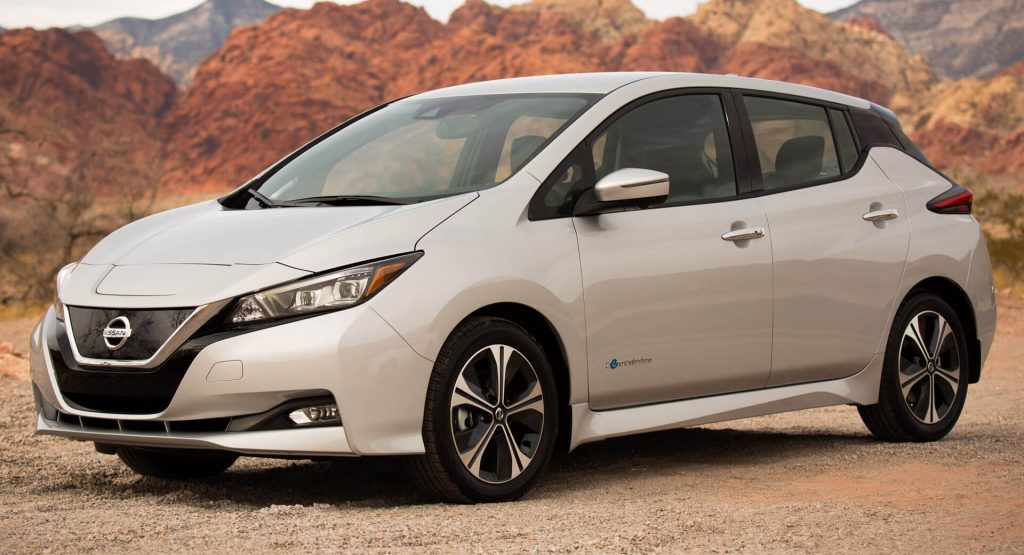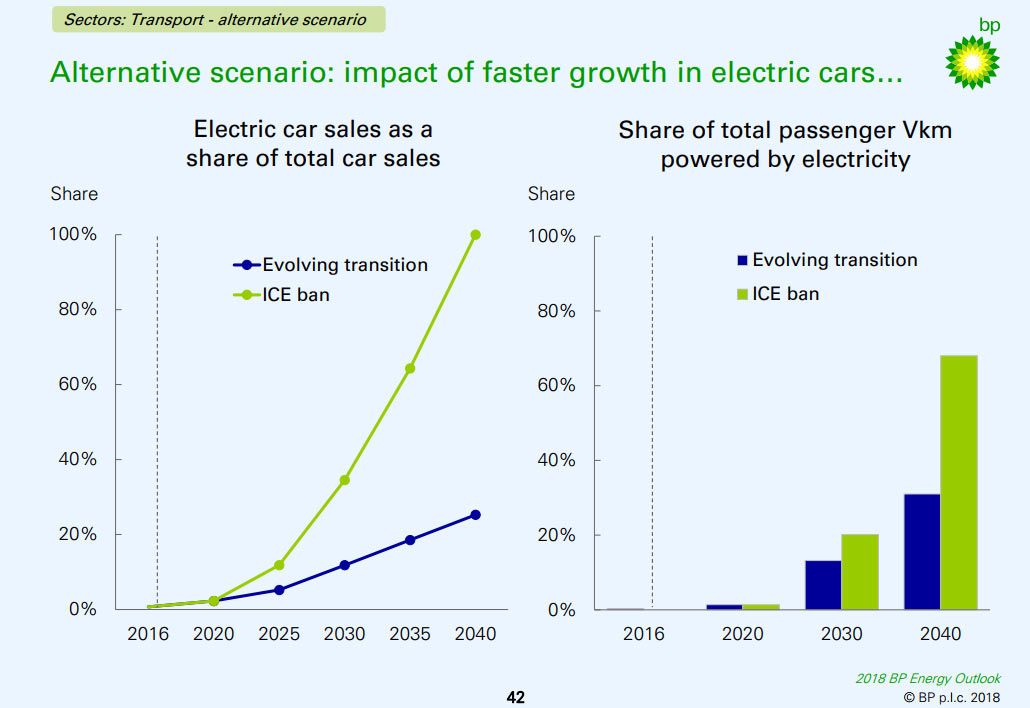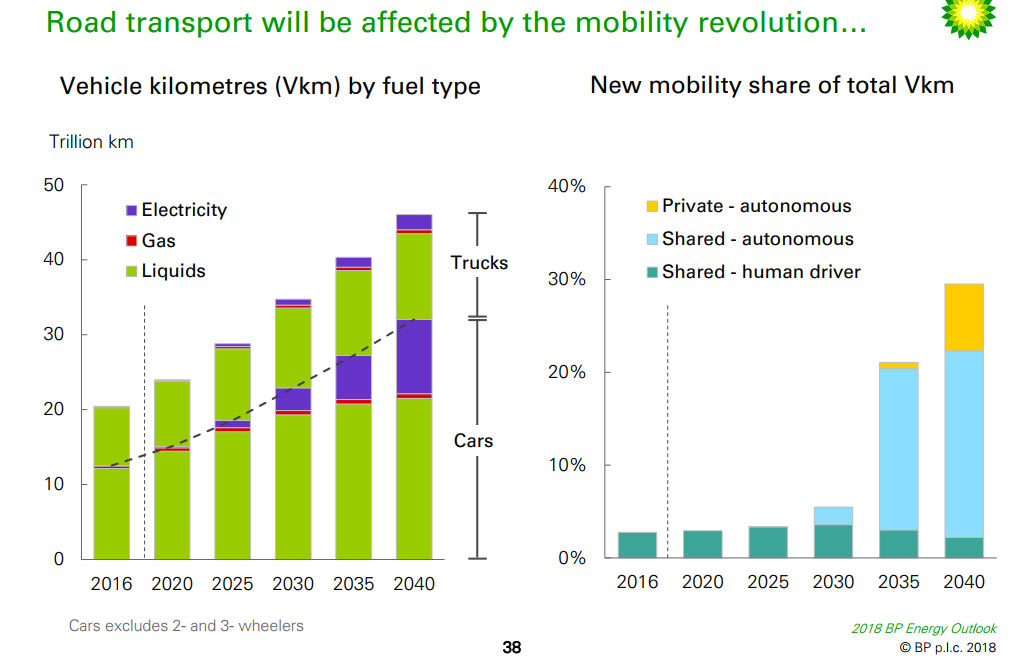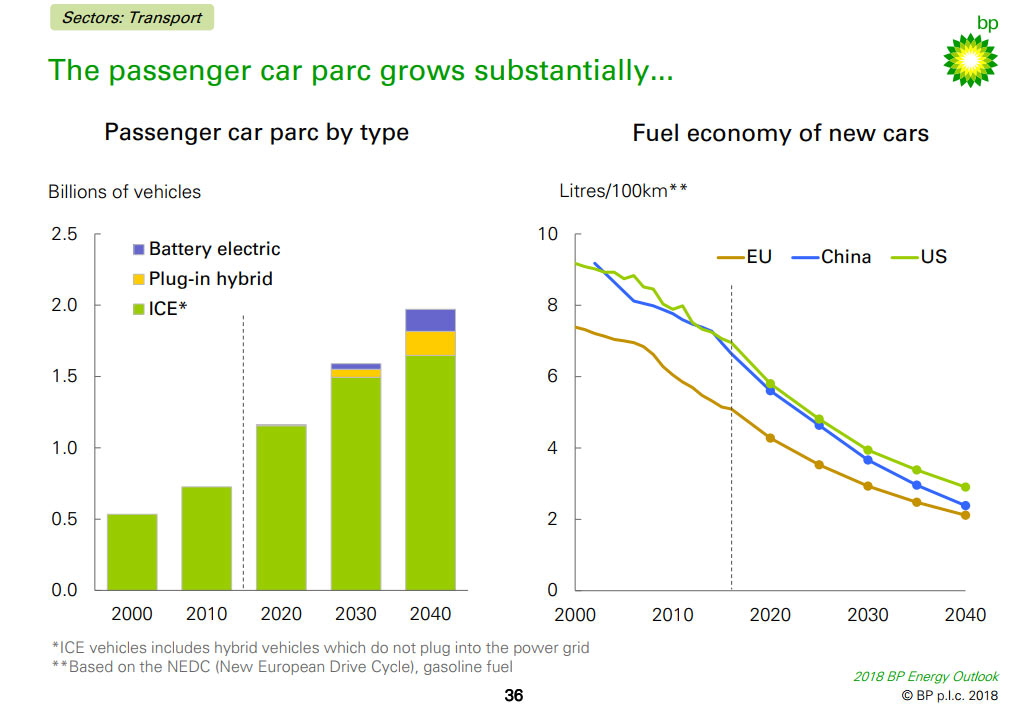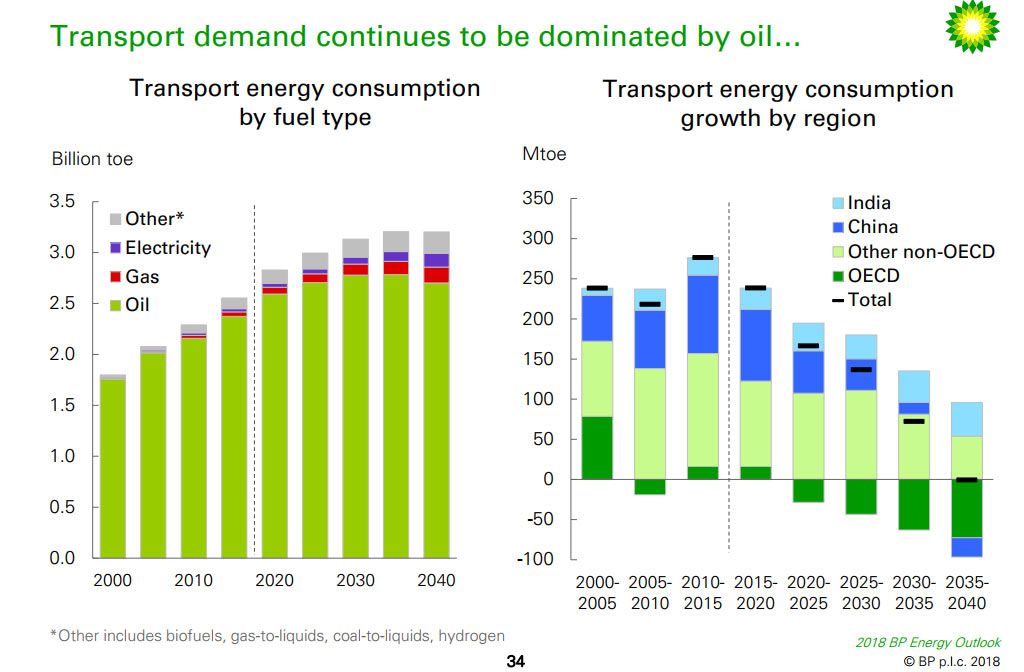BP has released its latest Energy Outlook forecast which reveals plug-in hybrid and electric vehicles will reduce the demand for oil.
While it’s impossible to know what the future holds, the company’s “Evolving Transition” scenario suggests there will be approximately 190 million electric vehicles on the road by 2035. Five years later, an additional 130 million electric vehicles are expected to join the global fleet and bring the total number of EVs to around 320 million.
If the company’s models are correct, approximately 25% of car sales would come from electric vehicles by 2040. However, if governments implement a ban on internal combustion engines then 100% of new vehicle sales could come from EVs.
BP also expects sales of plug-in hybrids to increase significantly by 2040. If their predictions pan out, there will be about as many plug-in hybrids as there are electric vehicles.
While petrol-powered models could still exist in the future, they’ll likely be more fuel efficient than today’s vehicles. BP estimates vehicles in the European Union will be approximately 70% more efficient than they were in 2000. This means ICE vehicles could consume as little as 3.0L/100km (78.4 mpg US) which would be a drastic improvement over the current rate of around 5.0L/100km (47.0 mpg US).
Technology will play a major in how we use vehicles in the future and BP expects autonomous driving technology, mobility services and electric vehicles will combine to reduce the need for oil. While the company only expects plug-in hybrid and electric vehicles to make up 15% of all vehicles on the road by 2040, they could be responsible for nearly 30% of the mileage traveled. As the company explains, it expects fully-autonomous vehicles to arrive in the early 2020s and it believes many of them will be electric vehicles used for mobility services.
Thanks to all these factors, Reuters reports fuel demand from vehicles will likely drop from 18.7 million barrels per day to 18.6 million barrels per day by 2040.




